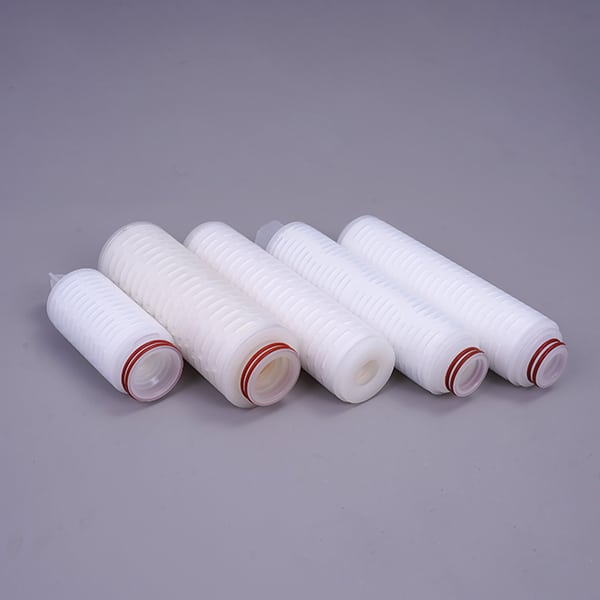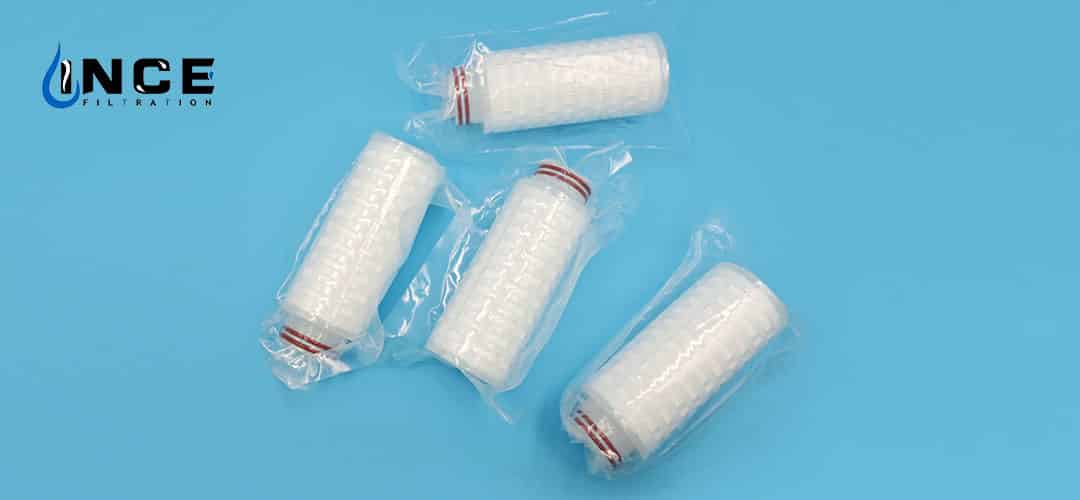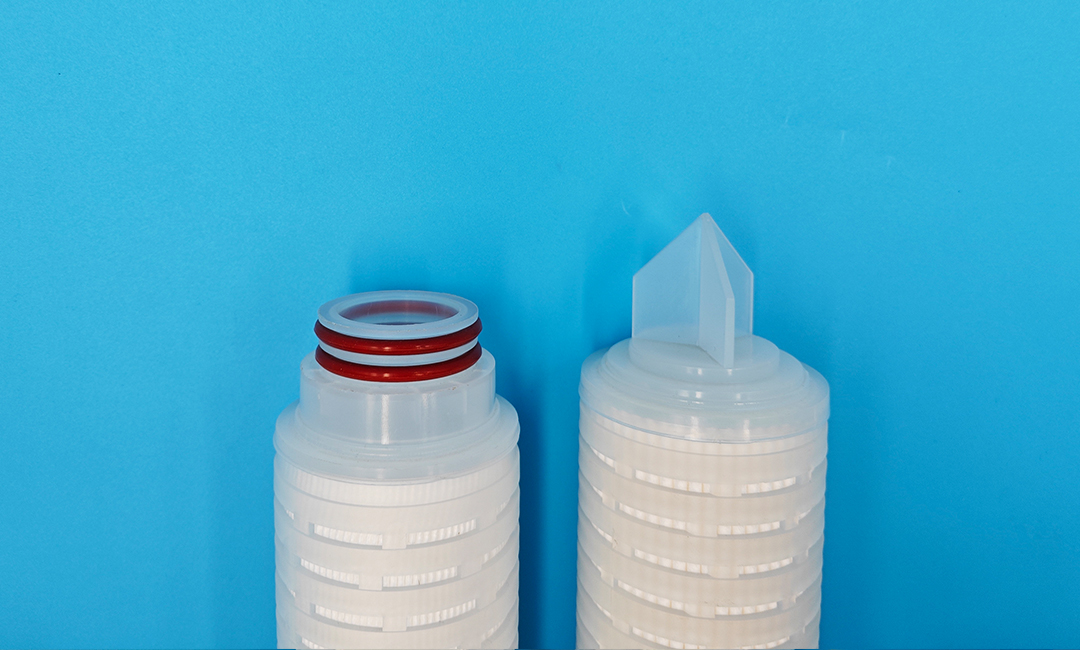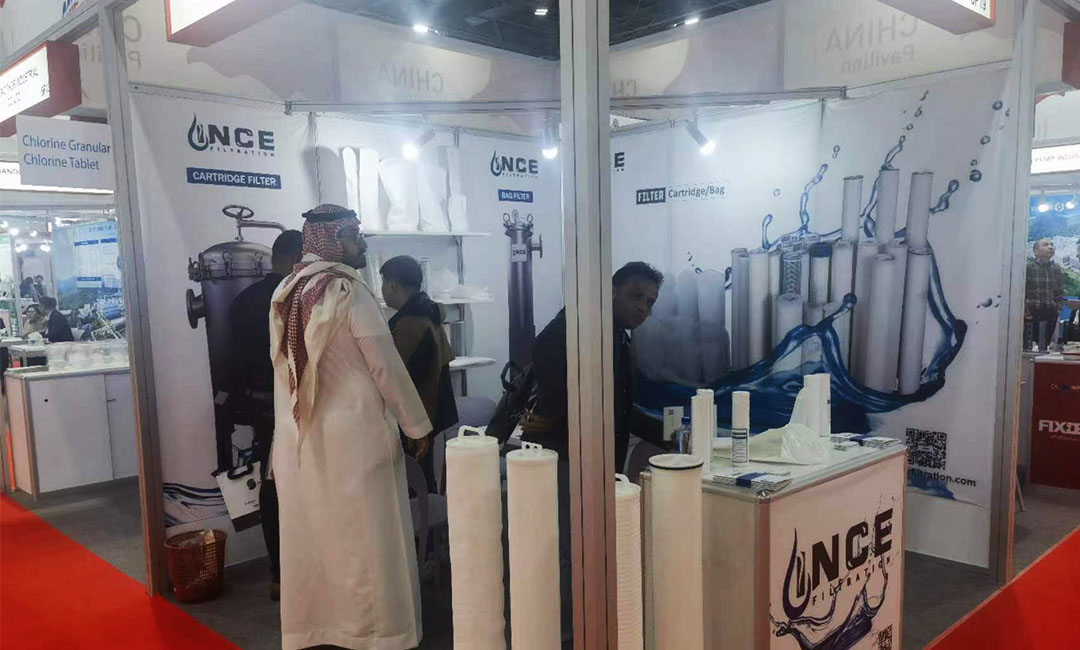
5 Reasons Industrial Pleated Filters Are Crucial for Clean Manufacturing
Increased Efficiency in Manufacturing Processes
Industrial pleated filters play a crucial role in maintaining clean manufacturing environments. These filters are designed to capture and remove contaminants from the air, ensuring that the air quality in manufacturing facilities remains at a high standard. There are several reasons why industrial pleated filters are essential for clean manufacturing, including increased efficiency in manufacturing processes.
One of the primary reasons why industrial pleated filters are crucial for clean manufacturing is their ability to remove harmful particles from the air. These filters are designed to capture a wide range of contaminants, including dust, dirt, pollen, and other airborne particles that can compromise air quality. By removing these contaminants from the air, industrial pleated filters help to create a cleaner and healthier working environment for employees.
In addition to improving air quality, industrial pleated filters also play a key role in maintaining the efficiency of manufacturing processes. Contaminants in the air can have a negative impact on machinery and equipment, leading to increased wear and tear and reduced efficiency. By using industrial pleated filters to remove these contaminants from the air, manufacturers can help to prolong the life of their equipment and ensure that it operates at peak performance.

Furthermore, industrial pleated filters can help to reduce the risk of product contamination in manufacturing facilities. Contaminants in the air can settle on surfaces and equipment, potentially contaminating products as they are being manufactured. By using industrial pleated filters to remove these contaminants from the air, manufacturers can help to minimize the risk of product contamination and ensure that their products meet the highest quality standards.

Another reason why industrial pleated filters are crucial for clean manufacturing is their ability to improve overall air circulation in facilities. Proper air circulation is essential for maintaining a comfortable and healthy working environment for employees. Industrial pleated filters help to remove contaminants from the air, allowing for better air circulation and creating a more pleasant working environment for employees.
Finally, industrial pleated filters can help to reduce energy costs in manufacturing facilities. Contaminants in the air can clog HVAC systems and reduce their efficiency, leading to higher energy consumption and increased costs. By using industrial pleated filters to remove these contaminants from the air, manufacturers can help to improve the efficiency of their HVAC systems and reduce energy costs.
In conclusion, industrial pleated filters are essential for clean manufacturing for a variety of reasons. These filters help to remove harmful particles from the air, maintain the efficiency of manufacturing processes, reduce the risk of product contamination, improve air circulation, and reduce energy costs. By investing in industrial pleated filters, manufacturers can create a cleaner and healthier working environment for their employees, improve the efficiency of their manufacturing processes, and ensure that their products meet the highest quality standards.
Improved Air Quality in Industrial Facilities
Industrial pleated filters play a crucial role in maintaining clean air quality in manufacturing facilities. These filters are designed to capture and remove contaminants from the air, ensuring that employees are working in a safe and healthy environment. There are several reasons why industrial pleated filters are essential for clean manufacturing, and in this article, we will explore five of the most important ones.
First and foremost, industrial pleated filters are highly effective at removing a wide range of contaminants from the air. These filters are designed to capture particles as small as 0.3 microns, including dust, pollen, mold spores, and bacteria. By removing these contaminants from the air, industrial pleated filters help to prevent respiratory problems and other health issues that can arise from exposure to airborne pollutants.

In addition to improving air quality, industrial pleated filters also help to protect equipment and machinery in manufacturing facilities. Dust and other contaminants can build up on machinery over time, leading to decreased efficiency and potentially costly repairs. By using industrial pleated filters to remove these contaminants from the air, manufacturers can extend the lifespan of their equipment and reduce maintenance costs.
Another key benefit of industrial pleated filters is their energy efficiency. These filters are designed to provide high levels of filtration while minimizing pressure drop, which can help to reduce energy consumption in industrial facilities. By using industrial pleated filters, manufacturers can improve the energy efficiency of their HVAC systems and reduce their overall operating costs.
Industrial pleated filters are also easy to install and maintain, making them a convenient and cost-effective solution for improving air quality in manufacturing facilities. These filters can be quickly replaced when needed, ensuring that employees are always working in a clean and healthy environment. Additionally, industrial pleated filters are available in a variety of sizes and configurations to suit the specific needs of different manufacturing facilities.
Finally, industrial pleated filters are an environmentally friendly option for improving air quality in manufacturing facilities. These filters are designed to be long-lasting and recyclable, reducing waste and minimizing the environmental impact of air filtration systems. By using industrial pleated filters, manufacturers can demonstrate their commitment to sustainability and responsible environmental practices.
In conclusion, industrial pleated filters are crucial for maintaining clean air quality in manufacturing facilities. These filters are highly effective at removing contaminants from the air, protecting equipment, improving energy efficiency, and providing a convenient and environmentally friendly solution for air filtration. By investing in industrial pleated filters, manufacturers can create a safe and healthy work environment for their employees while also reducing operating costs and demonstrating their commitment to sustainability.
Cost Savings and Long-Term Benefits for Businesses
Industrial pleated filters are an essential component of clean manufacturing processes. These filters play a crucial role in maintaining air quality, protecting equipment, and ensuring the safety of workers. In this article, we will explore five reasons why industrial pleated filters are vital for businesses looking to achieve clean manufacturing practices.

First and foremost, industrial pleated filters help businesses save money in the long run. By trapping dust, dirt, and other contaminants, these filters prevent them from entering sensitive equipment and causing damage. This can extend the lifespan of machinery and reduce the need for costly repairs or replacements. Additionally, clean equipment operates more efficiently, leading to lower energy consumption and decreased operating costs.
Furthermore, industrial pleated filters contribute to a healthier work environment for employees. By capturing airborne particles, these filters help prevent respiratory issues and other health problems that can arise from exposure to contaminants. This not only improves the well-being of workers but also reduces absenteeism and boosts productivity. Investing in high-quality filters demonstrates a commitment to employee safety and well-being, which can have a positive impact on morale and retention rates.
In addition to cost savings and health benefits, industrial pleated filters also play a crucial role in maintaining regulatory compliance. Many industries are subject to strict environmental regulations that require businesses to control emissions and maintain clean air quality. By using industrial pleated filters, companies can ensure that they are meeting these standards and avoid potential fines or penalties. Compliance with regulations not only protects the environment but also enhances a company’s reputation and credibility in the industry.
Moreover, industrial pleated filters help businesses maintain a clean and professional image. Clean manufacturing practices demonstrate a commitment to quality and excellence, which can attract customers and business partners. A clean and well-maintained facility reflects positively on a company’s brand and can set it apart from competitors. Industrial pleated filters are a simple yet effective way to showcase a company’s dedication to cleanliness and attention to detail.
Lastly, industrial pleated filters contribute to sustainability efforts by reducing waste and promoting resource efficiency. By capturing contaminants and preventing them from entering the environment, these filters help minimize the impact of manufacturing processes on the planet. Additionally, by extending the lifespan of equipment and reducing energy consumption, industrial pleated filters support sustainable practices and contribute to a greener future.
In conclusion, industrial pleated filters are essential for businesses looking to achieve clean manufacturing practices. These filters offer cost savings, health benefits, regulatory compliance, improved image, and sustainability advantages. By investing in high-quality filters and incorporating them into their operations, companies can create a cleaner, safer, and more efficient work environment. Industrial pleated filters are not just a necessity for businesses – they are a crucial component of successful and responsible manufacturing practices.

